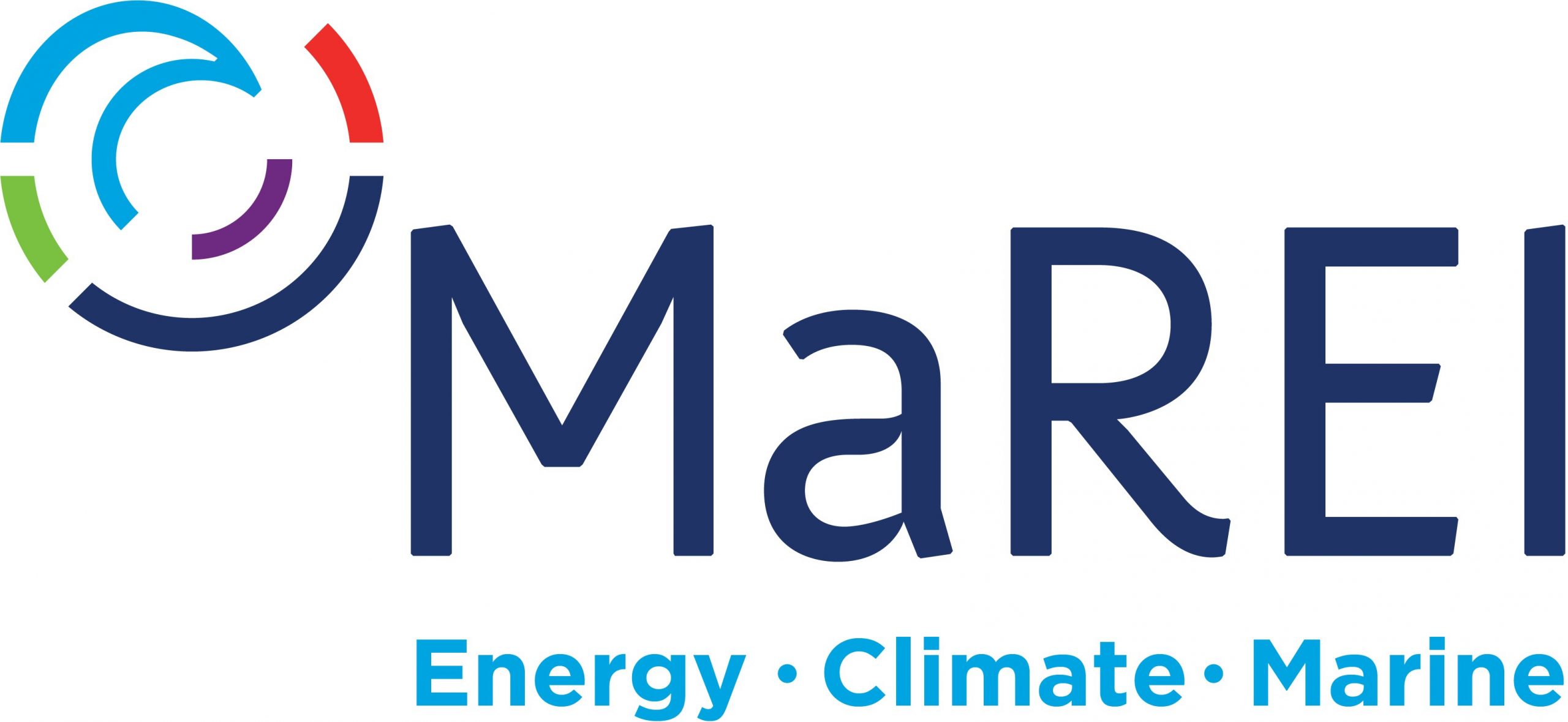
I-ADOPT

- Title:
-
Innovation Archetypes for Diffusion of Policies and Technologies (I-ADOPT)
- Start Date:
-
July 1st 2024
- End Date:
-
December 31st 2025
- Funding Body:
-
MaREI
- Coordinator:
- Research Partners:
-
University College Cork & ESRI
- Principal Investigators:
-
Fionn Rogan (UCC); John Curtis (ESRI); Shane Timmons (ESRI)
- Research Area:
Introduction
How to accelerate energy innovation? The achievement of Ireland’s near-term climate policy targets (i.e. 2025-2030) will largely depend on the rate of diffusion of well-known technological solutions (e.g. electric cars and energy efficient retrofitting). Initial evidence suggests that the majority of those who have already purchased an electric car or retrofitted their home to a B2 standard fit the profile of early adopters. However, to achieve Ireland’s climate targets it will be required to go well beyond diffusion by early adopters. Mainstream market adoption will be essential.
The research literature on diffusion of innovations suggests that the characteristics of early adopters and mainstream adopters are different in terms of level of wealth, motivations, ways of getting information, level of peer influence, attitude to risk, comfort with unique or mainstream solutions, perception of benefits, and minority/majority positioning. Previous collaborative research between UCC and ESRI used diffusion modelling to examine pathways for achieving electric vehicle and residential energy efficiency retrofitting policy targets (Mac Uidhir et al, 2022). However, the modelling in that research did not distinguish between early and mainstream adopters.
I-ADOPT will build on this previous research by testing and validating different innovation adopter archetypes and what it means for achieving climate policy and carbon budgets in Ireland. The research will design and use surveys to assess the empirical evidence for and characteristics of two innovation adopter categories: early adopters and mainstream adopters. The outcomes of these survey will contribute to a set of scenarios that will estimate the impact on CO2 emissions of policy incentives that only engage early adopters vs policy incentives that engage both early adopters and mainstream adopters. This research will explore policy incentives that can specifically target and engage mainstream adopters in order to accelerate energy innovation.




